
Fermentation equipment varies, however, you should always choose equipment that is robust, easy to use and easy to clean.
For those looking for more professional grade equipment, you may want to consider conical fermenters, stainless steel fermenters or wooden barrels. As well as a good quality fermentation vessel, a good siphon will reduce your mess and ensure proper wort transfer. This will help to limit unwanted particles in the beer and ensure clarity and transparency.
Precise temperature control
Fermentation is a fairly complex chemical process involving living organisms, which is why it is such a delicate process! Depending on the yeast strain you are using, you will need different fermentation temperatures. Generally speaking, all yeasts ferment at 60 to 78 degrees Fahrenheit and larger yeasts ferment best at 48 to 58 degrees Fahrenheit.
Fully oxygenated wort
The rapid cooling of the wort prevents the growth of spoilage causing contaminants and bacteria. This important step leads to the next critical step.
Adding yeast nutrients
It is important for yeast to survive, providing them with the necessary micronutrients to enable them to do the vital work of fermentation. Most seaweeds contain plenty of the nutrients needed to keep yeast alive, but adding a small amount of micronutrients will promote healthy fermentation.
Monitor your ageing carefully
Beer ageing times vary; some big beers can age for a long time, but many cannot. If you have added enough yeast and fermented well, your beer may mature earlier than you expect. It is important to take these factors into account as you don't want your beer to age or spoil. Even the largest beers should be ready within a few months if the fermentation process is complete.
Still have a problem on choosing the brewery equipment? We can help with your final decision. If you are looking for a turnkey solution for craft beer brewing system, please contact us. We are looking forward to working with you. Send an email now: [email protected]
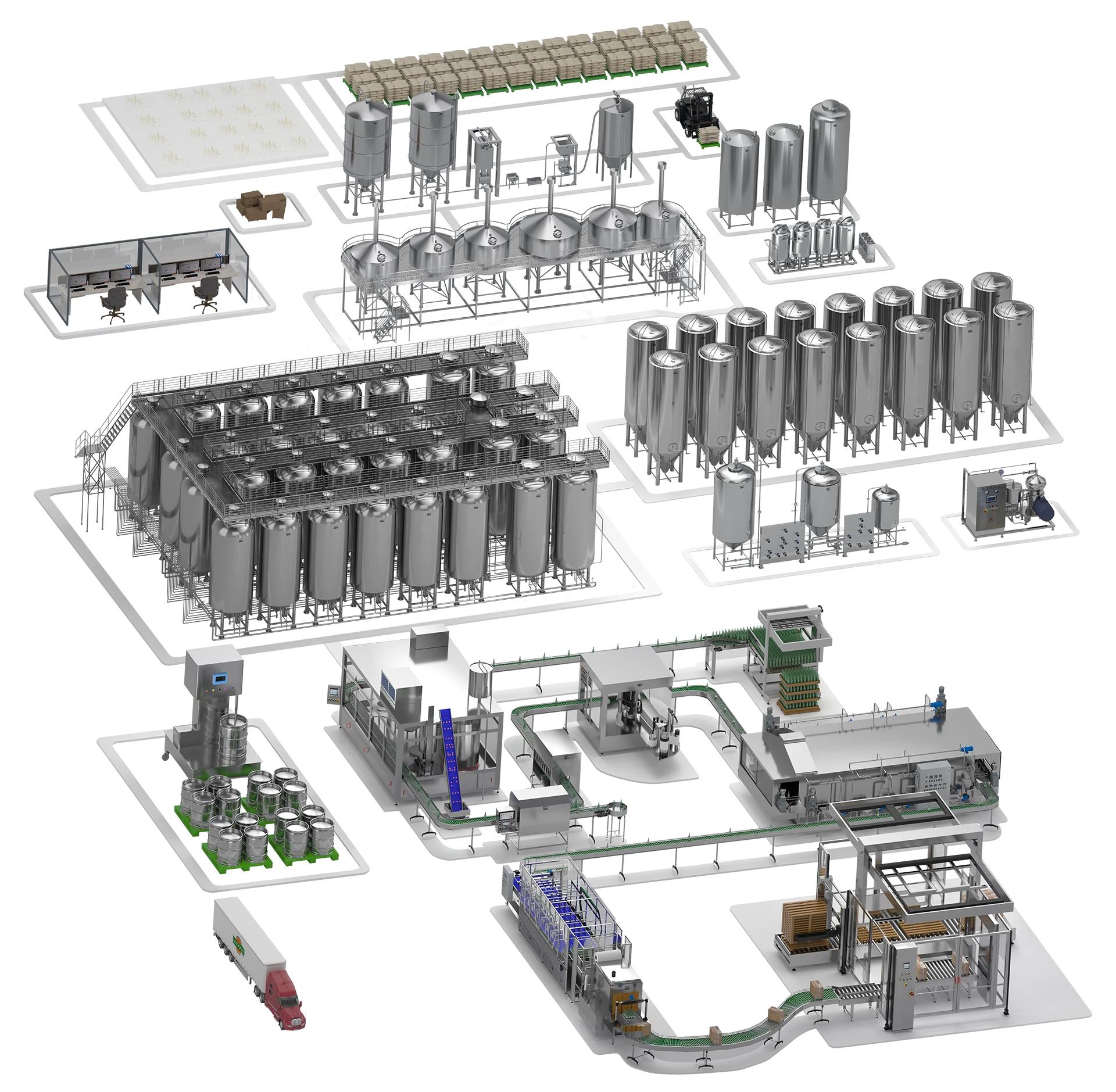
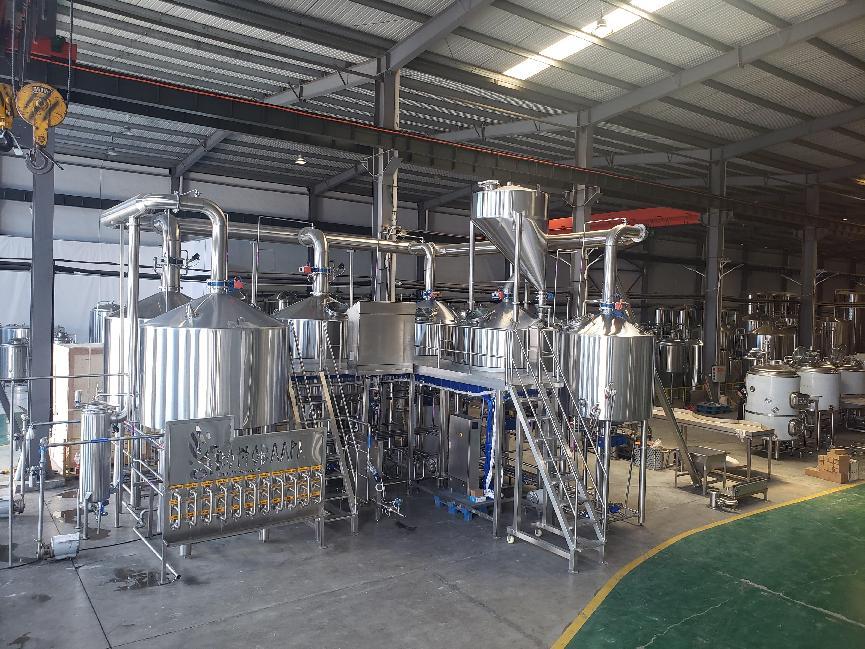
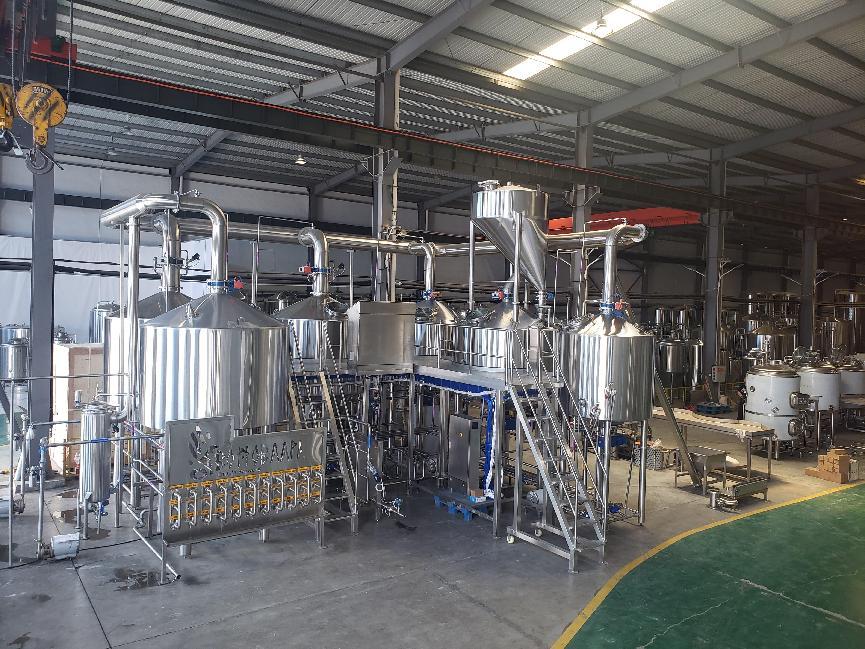
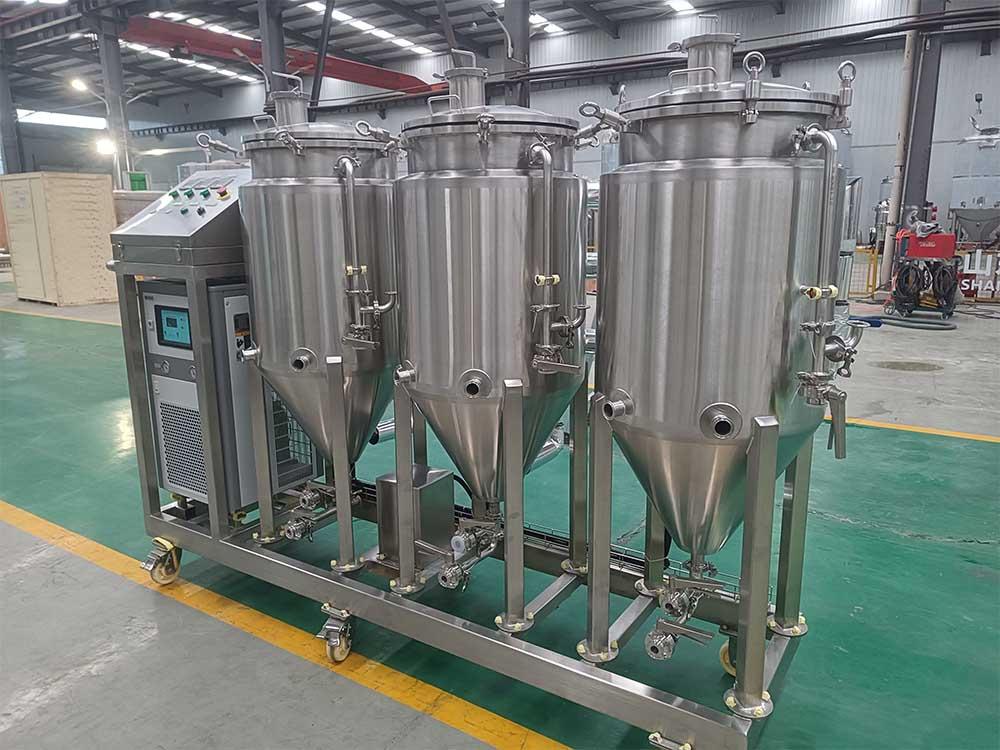
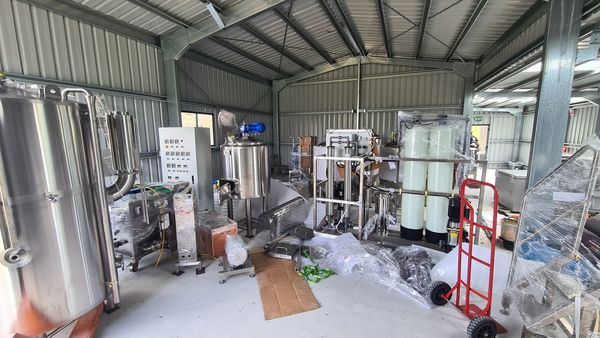
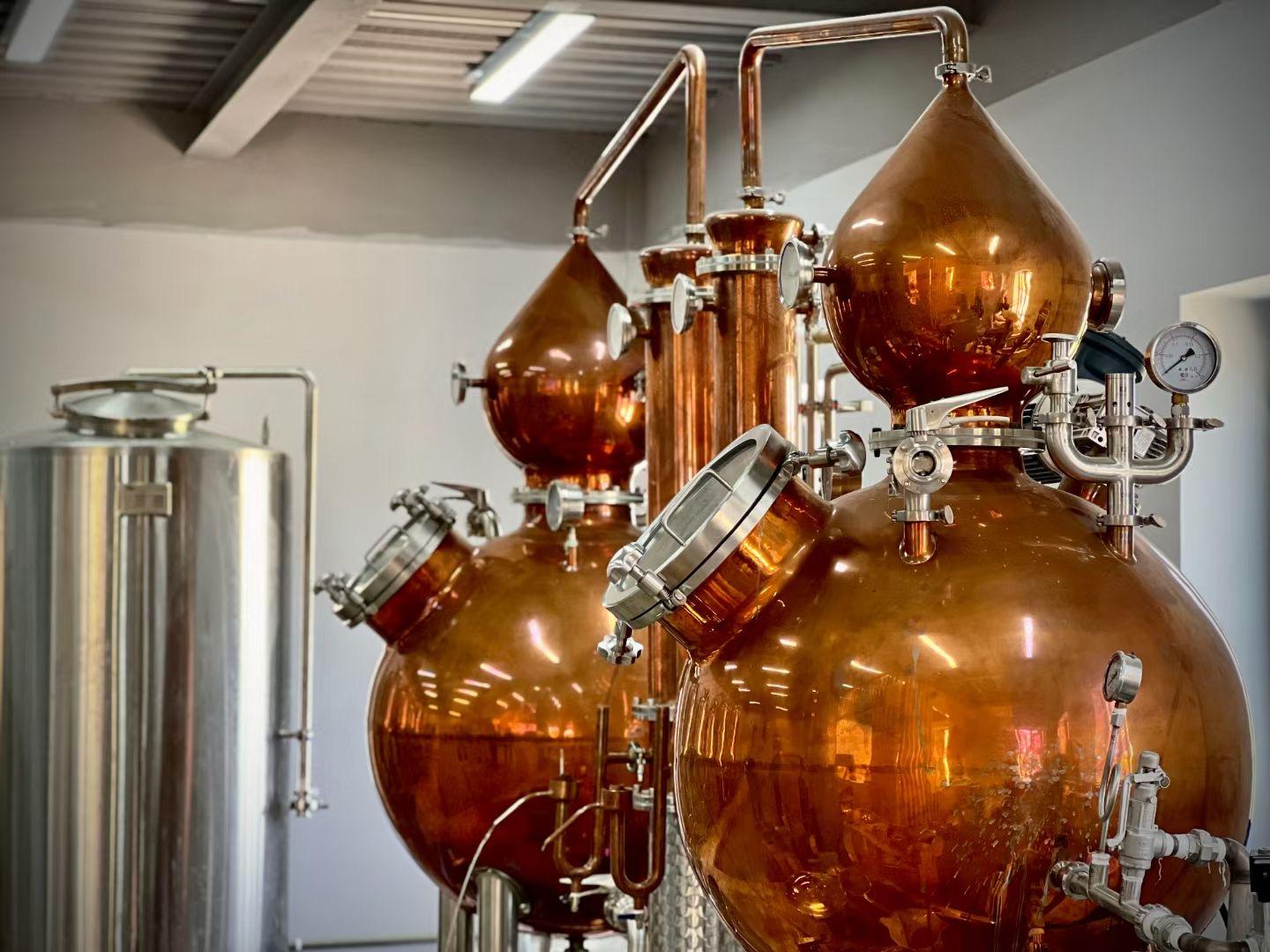
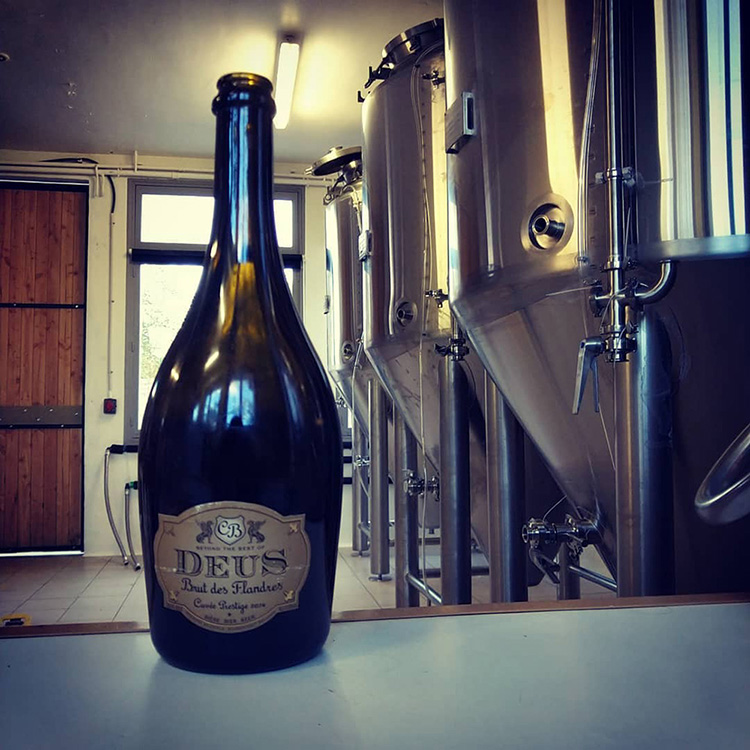
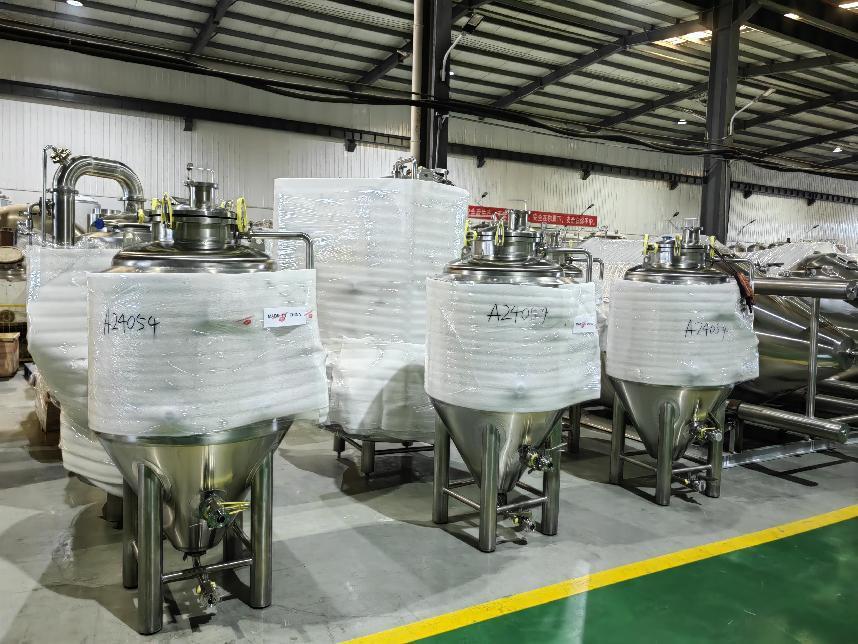
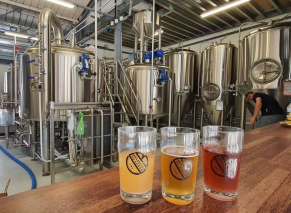
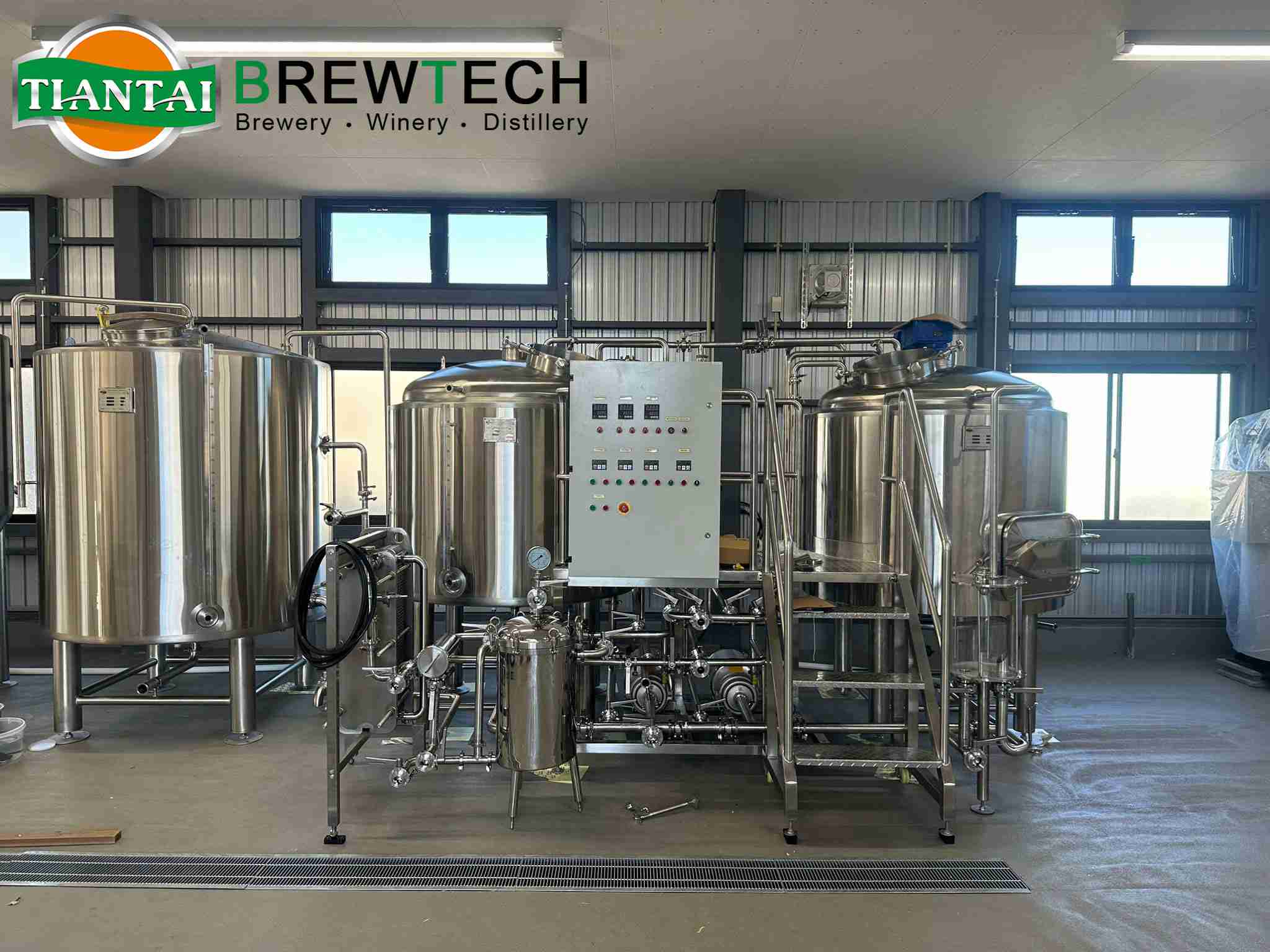
Get A Quote